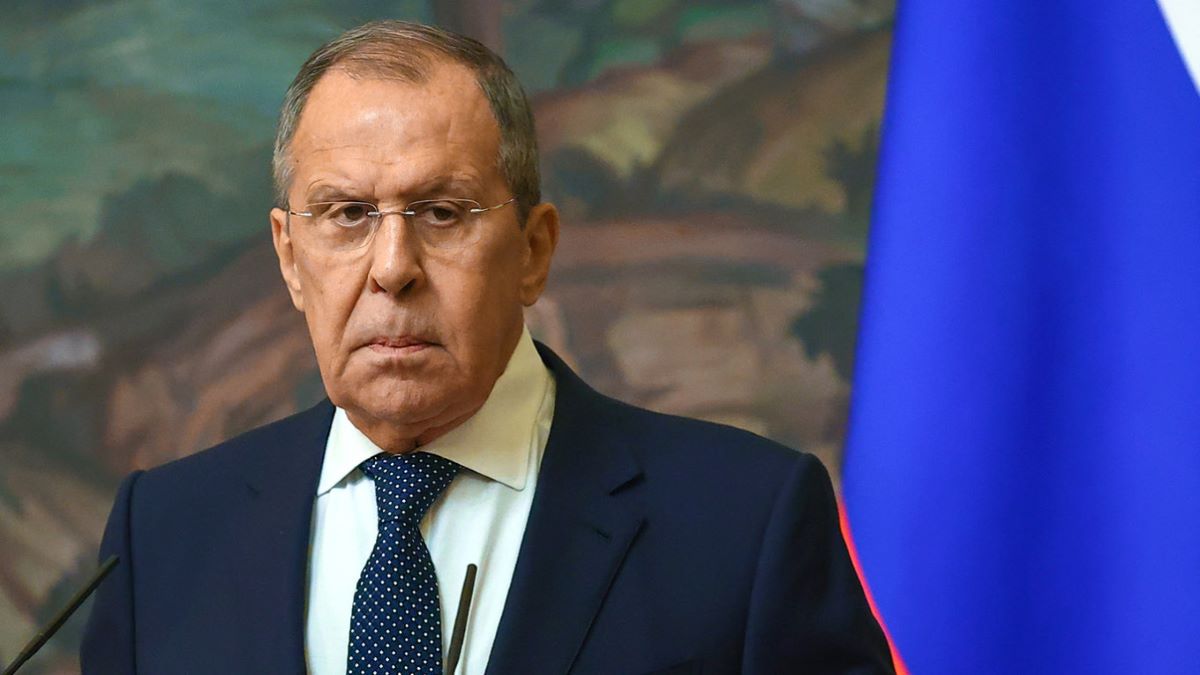Russia has urged the US to consider another year of extension for the New Strategic Assault Weapons Reduction Treaty (New START) - a key nuclear arms control agreement between the two countries, due to expire on February 5, 2026.
Speaking to the press on November 11, Russian Foreign Minister Sergey Lavrov said that Moscow's proposal was still valid and called on Washington to respond ahead of schedule.
He emphasized: Lets take a year to cool down and recognize the responsibility of the world powers in maintaining global security and stability, especially preventing nuclear war. We are ready.
The New START Treaty, signed in 2010 between the US and Russia, limits the number of nuclear warheads deployed to 1,550 units, and puts a limit on the number of intercontinental ballistic missiles, launch missiles from Submarines and heavy bombers capable of carrying nuclear weapons.
Russian President Vladimir Putin expressed his desire to extend the treaty for another year in September, saying it was a way to avoid arms race and the risk of uncontrolled escalation.
Foreign Minister Lavrov reiterated that the extension can be announced at any time before February 5, 2026. He cited the precedent of 2021, when the US under President Joe Biden decided to extend the treaty just a few days before it expired.

However, according to the Russian Defense Ministry, Moscow has not yet received any significant response from Washington.
Meanwhile, the global nuclear security situation continues to pose new risks. On October 30, US President Donald Trump directed the government to conduct nuclear weapons testing on the basis of equality with Russia and China.
US Energy Secretary Chris Wright later affirmed that these tests would not include real nuclear explosions, because the US had stopped such testing since 1992.
The Kremlin responded cautiously. Spokesman Dmitry Peskov affirmed that Russia will not lift its nuclear test delay until the US does so first.
In recent months, both countries have conducted test launches of ballistic missiles without nuclear warheads.
The US tested a Minuteman III missile from its base in California on November 5, while last month, Russia tested a Burevestnik cruise missile - a weapon that is said to be capable of carrying a nuclear warhead and flying on nuclear power.











